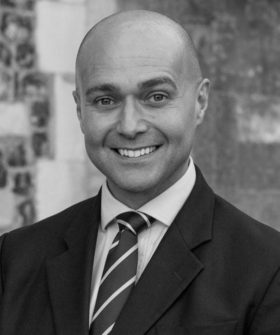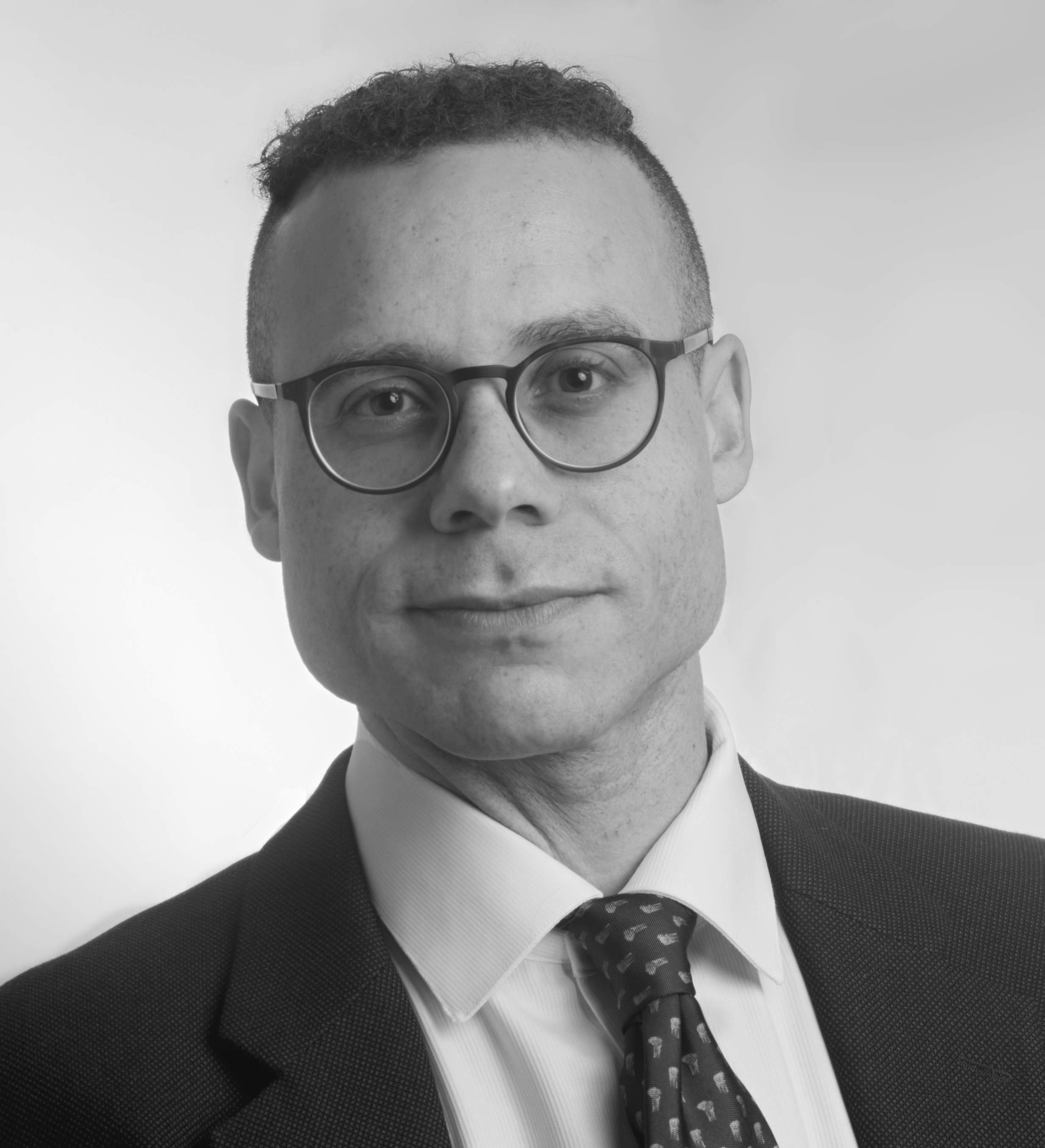Trio of 3PB barristers successful in significant Upper Tribunal ‘Country Guidance’ appeal about Somalia
7th February 2022

Three of 3PB’s specialist public and regulatory law barristers: William Hansen, Matthew Wyard and Naomi Webber, successfully represented the Secretary of State for the Home Department in the decision of OA (Somalia) handed down on 2nd February 2022 following a six-day trial held in June 2021.
The appeal was listed to consider whether the country guidance given in MOJ & Ors (Return to Mogadishu) Somalia CG [2014] UKUT 00442 (IAC) continued accurately to summarise the factual position on the ground in Mogadishu. Amongst others, some of the issues that required detailed analysis included: the conditions in IDP Camps, the position of minority clans in Somalian culture, the ability to obtain employment, and accommodation in Mogadishu and the availability of healthcare.
The full country guidance can be found at §356 of the judgment. The Upper Tribunal held that the country guidance at §407 of MOJ remains applicable. Additional country guidance was given and can be summarised as follows:
- The Reer Hamar are a senior minority clan whose ancient heritage places it in a comparatively advantageous position compared to other minority clans. There are no reports of the Reer Hamar living in IDP Camps and it would be unusual for a member of the clan to do so.
- Somali culture is such that family and social links are generally retained between the diaspora and those living in Somalia. Somali family networks are extensive and social ties very tight. A returnee with family and diaspora links will be unlikely to be more than a small number of degrees of separation away from establishing contact with a member of their clan or extended family in Mogadishu.
- In-country assistance from a returnee’s clan or network is not necessarily contingent upon the returnee having personally made remittances as a member of the diaspora. Relevant factors include whether a member of the returnee’s household made remittances.
- A guarantor is not required for hotel rooms. Basic but adequate hotel accommodation is available for a nightly fee of around $25. The Secretary of State’s Facilitated Returns Scheme (“FRS”) will be sufficient to fund a returnee’s initial reception in Mogadishu for up to several weeks while the returnee establishes or reconnects with their network or finds a guarantor. Taxis are available to take returnees from the airport to their hotel.
- The economic boom continues. Casual and day labour positions are available. A guarantor may be required to vouch for some employed positions but not self-employed.
- A guarantor may be required to vouch for prospective tenants in the city. Adequate rooms are available to rent in the region of $40-$150 per month in conditions which would not, without more, amount to a breach of Article 3 ECHR.
- There is a spectrum of conditions across IDP Camps. There has been durable positive change in a significant number of Camps, although some remain as they were at the time of MOJ. Many camps now feature conditions that are adequate by Somali standards however, the living conditions in the worst camps will be dire on account of their overcrowding, the prevalence of disease, the destitution of their residents, the unsanitary conditions, the lack of accessible services and the exposure to the risk of crime.
- The extent to which the Secretary of State may properly be held to be responsible for exposing a returnee to intense suffering which may in time arise as a result of such conditions turns on factors that include whether, upon arrival in Mogadishu, the returnee would be without any prospect of initial accommodation, support or another base from which to begin to establish themselves in the city.
- There will need to be a careful assessment of all the circumstances of the particular individual in order to ascertain the Article 3, humanitarian protection or internal relocation implications of an individual’s return.
- If there are particular features of an individual returnee’s circumstances or characteristics that mean that there are substantial grounds to conclude that there will be a real risk that, notwithstanding the availability of the FRS and the other means available to a returnee of establishing themselves in Mogadishu, residence in an IDP camp or informal settlement will be reasonably likely, a careful consideration of all the circumstances will be required in order to determine whether their return will entail a real risk of Article 3 being breached. Such cases are likely to be rare, in light of the evidence that very few, if any, returning members of the diaspora are forced to resort to IDP camps.
- It will only be those with no clan or family support who will not be in receipt of remittances from abroad and who have no real prospect of securing access to a livelihood on return who will face the prospect of living in circumstances falling below that which would be reasonable for internal relocation purposes.
- There is some mental health provision in Mogadishu. Means-tested anti-psychotic medication is available. Hard drugs are not readily available in Mogadishu, and the focus of substance abuse is khat, cannabis, alcohol and tobacco. It is not reasonably likely that an ordinary returnee, without significant means or pre-existing connections to criminal elements in Mogadishu, would be able to procure hard drugs, such as heroin and cocaine, upon their return.
Read the full judgment on OA (SOMALIA) v THE SECRETARY OF STATE FOR THE HOME DEPARTMENT.
William Hansen is a member of the Attorney-General’s A Panel of Counsel to the Crown in civil matters and regularly acts for a variety of government departments and agencies including the Secretary of State for the Home Department, HMRC, MoJ, the NCA and the Secretary of State for Business.
He is a specialist in public law and judicial review and regularly appears in the Administrative Court acting for the Crown, particularly in the field of immigration, where he has a particular interest in Article 8 ECHR, PBS claims, Dublin Regulation claims, asylum, human trafficking and unlawful detention.
Matthew Wyard is a public law specialist with a particular focus on education, health and social care issues, as well as a growing immigration law practise. He is a member of the Attorney-General’s C Panel of Counsel to the Crown and regularly acts for a variety of central Government departments, local authorities, individuals, companies, charities and regulators in a wide variety of public law disputes. He is a widely published author and, outside of his busy practise, sits as a Chair of the Valuation Tribunal.
Naomi Webber is a member of the Attorney General’s Junior Junior Scheme. She has assisted in disclosure exercises for high profile and complex judicial review claims and recently acted as junior counsel in a country guidance case in the Upper Tribunal (Immigration and Asylum Chamber).
As a former judicial assistant at the Court of Appeal, Naomi worked on a range of public law matters including immigration, asylum, human rights, school transport and the public sector equality duty.
To instruct William, Matthew or Naomi in a public law matter please contact Practice Director Stuart Pringle on [email protected] or call him on 01962 868 884.


